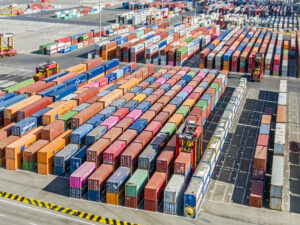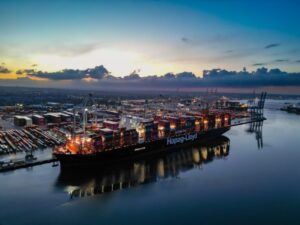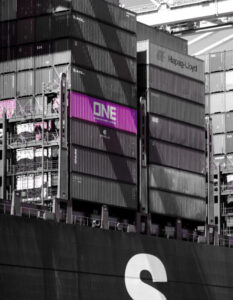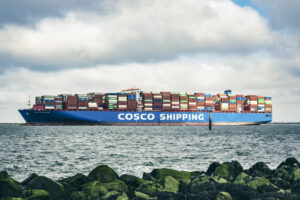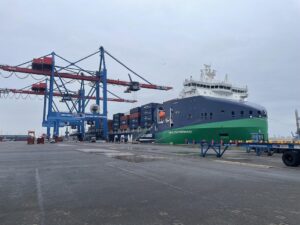HPC Hamburg Port Consulting has led the team that will implement a machine learning solution for container dwell time prediction at HHLA’s Container Terminal Burchardkai (CTB).
Based on machine learning technology, the new terminal operation systems (TOS) add-on solution assists to improve container stacking and optimise the pick-up handling.
To mitigate this operational inefficiency, the joint project bringing together the terminal operator HHLA, the software specialist Inform and logistics consultant HPC utilises machine learning technology to predict the individual container dwell time aiming a reduction of container rehandling for import containers at terminals.
Visit the HPC Hamburg Port Consulting supplier page here.
As a specialist in IT software integration and terminal operations, HPC uses the deep learning approach to identify hidden patterns from historical data of container moves at HHLA CTB over a period of two years and processed this information into high quality data sets.
Assessed by the Syncrotess Machine Learning Module from Inform and validated by the HPC simulation tool, the results show a significant reduction of shuffle moves resulting in a reduced truck turn time.
“Utilising machine learning and artificial intelligence and integrating these technologies in existing IT infrastructure are the success factors for reaching the next level of optimizations,” said Jens Hansen, as Executive Board Member responsible for IT at HHLA.
“A detailed analysis, and a smooth interconnectivity between all different systems enable the value of the improved safety while reducing costs and greenhouse gas emissions.”
“Data availability and data processing is an important key when it comes to utilising AI technology”, said Alexis Pangalos, Head of Software Engineering at HPC. “It requires a detailed domain knowledge of terminal operations to unlock greater productivity of the terminal equipment and connected processes.”
The integration into the slot allocation of the existing TOS system, Integrated Terminal Control System (ITS), ensures its user-friendly usability. The algorithm works in the background and further optimises its prediction, based on the running operational data.



